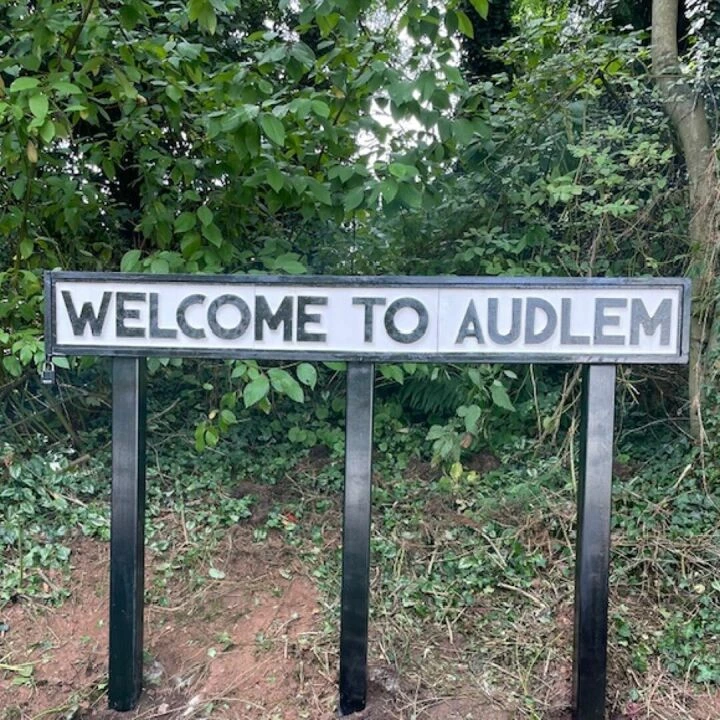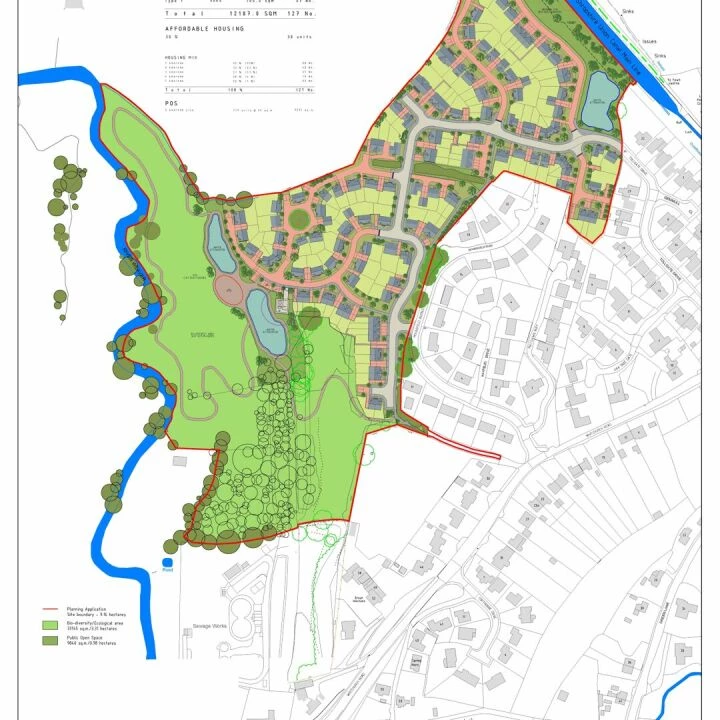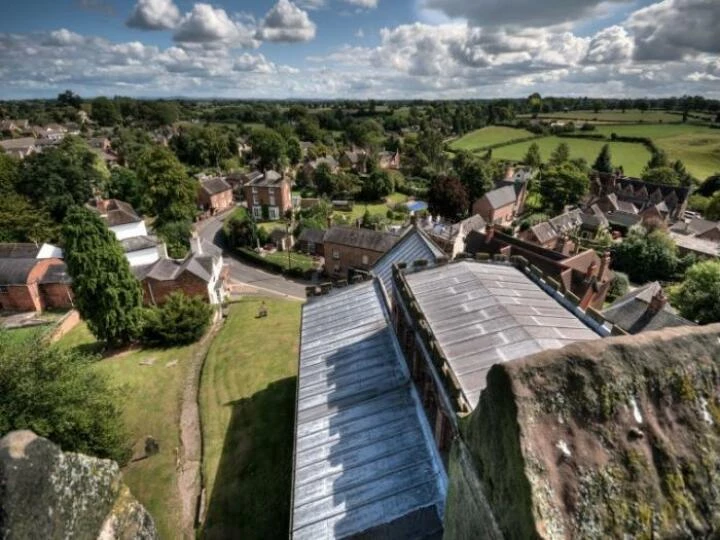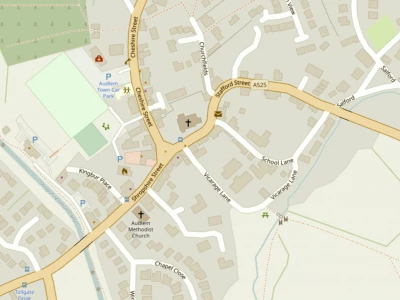







The Anglo-Zulu War was fought in 1879 between the British Empire and the Zulu Kingdom. Following Lord Carnarvon's successful introduction of federation in Canada, it was thought that similar political effort, coupled with military campaigns, might succeed with the African kingdoms, tribal areas and Boer republics in South Africa.
In 1874, Sir Henry Bartle Frere was sent to South Africa as High Commissioner for the British Empire to bring such plans into being. Among the obstacles were the presence of the independent states of the South African Republic and the Kingdom of Zululand and its army.
Frere, on his own initiative, without the approval of the British government and with the intent of instigating a war with the Zulu, had presented an ultimatum on 11 December 1878, to the Zulu king Cetshwayo with which the Zulu king could not comply, including disbanding his army and abandoning key cultural traditions.
Bartle Frere then sent Lord Chelmsford to invade Zululand after this ultimatum was not met. and in January 1879 a British force under Lieutenant General Frederick Augustus Thesiger, 2nd Baron Chelmsford invaded Zululand, without authorisation by the British Government.
The war is notable for several particularly bloody battles, including an opening victory of the Zulu at the Battle of Isandlwana, followed by the defeat of a large Zulu army at Rorke's Drift by a small force of British troops. The war eventually resulted in a British victory and the end of the Zulu nation's dominance of the region.
Click on the Rorke's Drift photo to see more detail.
What was the regiment that fought at Rorke's Drift
This article is from our news archive. As a result pictures or videos originally associated with it may have been removed and some of the content may no longer be accurate or relevant.
Get In Touch
AudlemOnline is powered by our active community.
Please send us your news and views using the button below:
Email: editor@audlem.org


